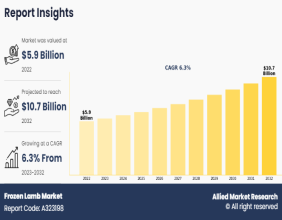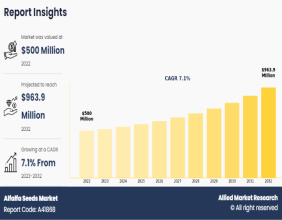Highlights
Emerging market operations delivered a significant uptick in sales for Reckitt Benckiser Group PLC
Developed regions experienced revenue pressures due to economic headwinds and shipment timing effects
New tariff measures imposed a limited effect on Reckitt’s manufacturing cost framework
The consumer goods sector encompasses firms that produce items used in daily life, from personal care to household products. This domain demands constant adaptation to shifts in spending patterns, regulatory environments and global trade conditions. Reckitt Benckiser Group PLC (LSE:RKT) operates within this landscape, reporting its quarterly performance amid contrasting regional trends.
Emerging Market Performance
Growth in emerging regions drove a notable rise in net revenue for Reckitt Benckiser. Strong demand for personal wellness and hygiene brands supported this expansion, with key launches in Asia and selective European markets adding momentum. The company’s intimate wellness portfolio and germ protection line gained traction among new consumer segments, demonstrating the impact of localized product introductions and targeted distribution strategies.
Developed Market Pressures
In contrast, mature economies recorded declines in net revenue as consumer spending faced headwinds from inflationary pressures and delayed shipments from the prior period. North American and European markets saw softer sales, reflecting a combination of cost-conscious and the timing of inventory cycles. These outcomes underscore the challenge of sustaining growth in regions where market saturation and economic uncertainty prevail.
Tariff Effects on Cost Management
Recent tariff implementations under the US administration introduced additional levies on imports, yet their impact on Reckitt’s cost structure remained modest. Adjustments in sourcing and supplier agreements helped maintain stability in unit manufacturing expenses. Efforts to diversify production locations and optimize logistics further limited exposure to higher duty charges, preserving operational efficiency under evolving trade conditions.
Strategic Initiatives and Share Repurchases
Reckitt’s ongoing efficiency programme, titled Fuel for Growth, continued to guide resource allocation and operational streamlining. Under this initiative, the company redirected savings into its core portfolio and innovation pipeline. Concurrently, active share repurchase activity formed part of a broader capital allocation framework. These repurchases aligned with the objective of enhancing shareholder value while maintaining flexibility for future investments.




